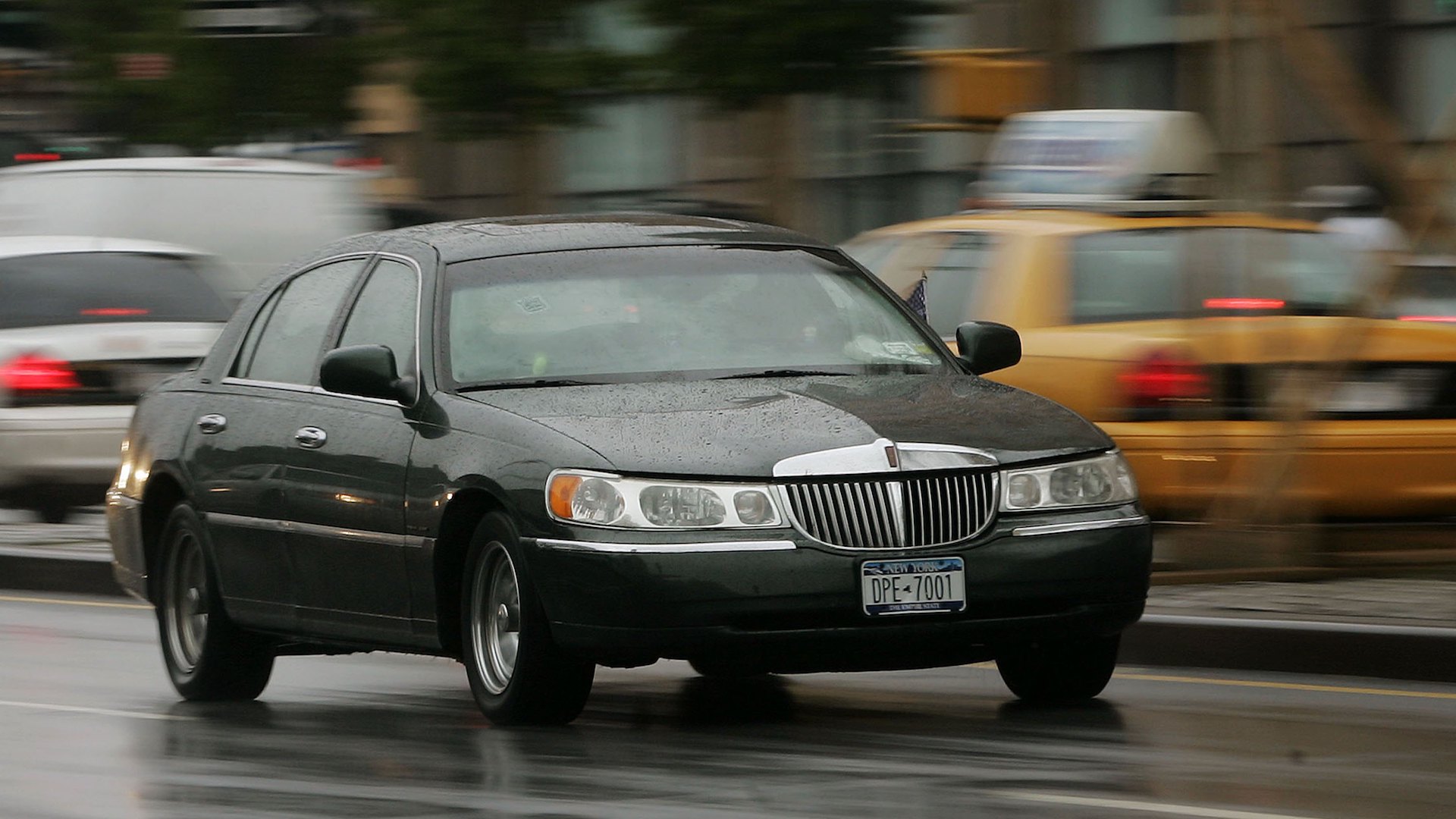

Lyft will file a lawsuit against New York City to block implementation of a new law setting a minimum wage for ride-hailing drivers. The law, scheduled to go in effect Feb. 1, mandates that companies pay drivers at least $17.22 an hour after expenses or $27.86 before expenses.
Fellow ride-hailing company Juno filed its own lawsuit alongside Lyft. However, Uber and Via, which also operate in New York City, will not participate. Both Lyft and Juno claim not to oppose higher driver wages, saying they are focused on the specific policies put in place by New York’s Taxi and Limousine Commission (TLC), which regulates for-hire vehicles in the Big Apple, to implement the minimum-wage law.
“Our lawsuit does not target the law passed by the City Council, but instead addresses the specific way the TLC plans to implement the rules, which would advantage Uber in New York City at the expense of drivers and smaller players such as Lyft,” a spokesperson said. “It’s no secret that Uber has tried to put us out of business in the past. They’ve failed repeatedly, and the TLC should not assist them in their efforts.”
In its lawsuit, Juno also criticized the specific way the TLC planned to implement the minimum-wage requirement.
“Although the TLC’s professed goal of ensuring that FHV [for-hire-vehicle] drivers are paid fairly is well-intentioned in theory—and, indeed, the very goal upon which Juno has modeled its business—the mechanism by which the TLC has committed to do so is inherently flawed and fundamentally unfair,” the lawsuit said.
The TLC was given authority to set a minimum wage for ride-hailing drivers in August 2018 as part of a package of legislation that also set a cap on ride-hailing vehicles in New York City. The final law was passed in December 2018. A TLC-commissioned study circulated at the time claimed drivers made an average of just $11.90 an hour, less than New York City’s minimum wage of $15.00 an hour.
The minimum wage was set using a formula developed by economists James Parrott and Michael Reich. It’s based on a “utilization rate” that adjusts the amount drivers are paid per mile and per minute based on how much work they’re getting per hour. Lyft took issue with a detail in the law that requires the calculated minimum wage to be applied on a per-ride basis, rather than a per-week basis. As it stands, the law requires companies to pay $17.22 an hour, after expenses, for each trip. The per-week calculation could cover multiple trips spread out over several days, depending on how busy the driver is.
In its lawsuit, Lyft states that the per-trip calculation “was essentially plucked out of thin air by the TLC, with no support from Parrott or Reich, and no analysis of its effects.”
Ride-hailing services may be convenient for customers, but they have created plenty of controversy in New York City. The explosion of services like Uber and Lyft has been blamed for increasing traffic congestion. Taxi drivers have complained that ride-hailing services represent unfair competition because they don’t operate under the same regulations as taxis. New York City also requires taxis to have special, expensive licenses called medallions, and increased competition from ride-hailing has seen the value of these medallions plummet, even pushing some heavily indebted drivers to commit suicide.
New York City Mayor Bill de Blasio tweeted his opposition to the Lyft and Juno lawsuits, calling them “unconscionable.” The lawsuits also drew immediate and resolute opposition from driver-advocacy groups.
“This is an indefensible attack on workers by the billion-dollar corporations that profit from their labor,” Jim Conigliaro Jr., founder of the Independent Drivers Guild, said in a statement. “Lyft and the gang should be ashamed that while their executives and investors are millionaires, their drivers, who do all the work, take home less than minimum wage and are even taking their own lives out of desperation.”